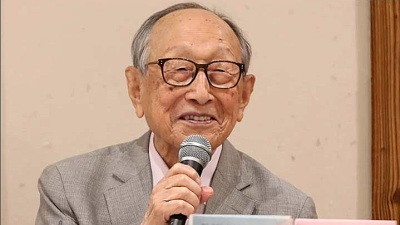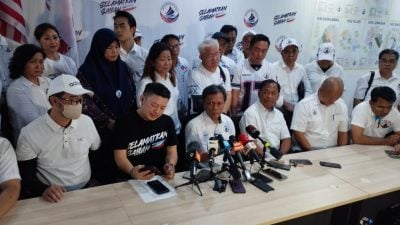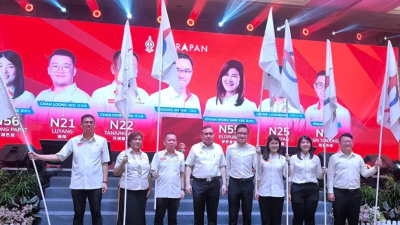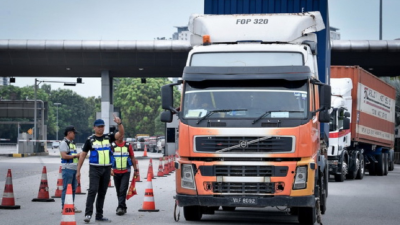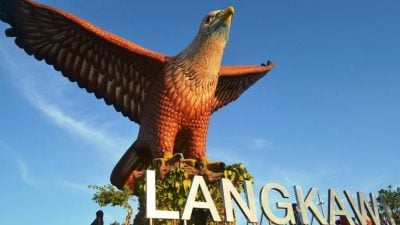As we approach the six-year mark of the unprecedented 2017 influx of the Rohingya from Rakhine State in Myanmar, I cannot help but wonder if we are really doing enough for the people who sought support to be alive with safety and dignity.
It was between August 24-25, 2017, in the weeks that followed escaping death and persecution, when the Rohingya sought refuge in Cox’s Bazar.
They had fled to Bangladesh earlier too; numerous times over the last 50 or 60 years.
However, the influx of 2017 was significantly different. The violence had been unleashed with no bars held.
The genocide was being committed and it took years to get the global leadership to acknowledge this.
If we go back and look at August-September of 2017 and how Bangladesh responded, one would feel convinced that humanity prevailed.
Bangladesh could have turned its back, built walls, kept them at bay and let the Rohingya fend for themselves.
But, as a nation, we opted for humanity and chose our love for fellow humans.
The first responders were the communities in the surrounding areas of Cox’s Bazar, Ukhiya, Teknaf, and Shah Porir Dwip.
They opened up their homes and shared whatever limited resources they had. Local authorities and government agencies followed.
Since then, Bangladesh has been hosting one of the largest and most vulnerable refugee populations in the world.
The camps today are a testimony of all that was invested to try and make living bearable for the Rohingya communities, with the resources available on the ground and what was coming forth from global actors as humanitarian aid.
Six years later, over 60,000 Rohingya have been born during this period, taking the total number of refugees way beyond a million.
These children have joined their parents and are living in the camps. And they have difficulty understanding camp life and, on top of that, try to comprehend why they have been told to face shortages as they will receive less ration, given the cut in food aid twice, from $12 to $8 in just four months!
The Rohingya response is facing a severe funding crisis, illustrated by the two recent cuts in food assistance.
The spotlight should thus be on the worsening humanitarian situation and compounding requirements of the Rohingya.
What about the present and future of the Rohingya refugees? Is it a battle of numbers that give political actors the right to dehumanise them?
We wish to believe that crises create the push for alternatives and that, in this case, collective actions will be towards this direction.
Presently, I experience feelings of pessimism as we are dealing with situations where we, as humanitarian actors, are often told that humanitarian aid for the Rohingya is shrinking.
In fact, it has already shrunk, which is why, as of mid-August, funds for the Joint Response Plan only covered 28.9 percent of the $876 million yearly that humanitarian agencies had appealed for in 2023.
Global leadership must have a list of explanations as to why they have less funds available and thus explain the cut.
But why am I even surprised, when I live in a world where political actors have decided to abandon Palestinian refugees, Syrian refugees, and many marginalised communities?
Geopolitics and geo-economics determine the availability of funds and the prioritisation for fund distribution, and we face the risk of seeing history be repeated.
Rohingya people living in Cox’s Bazar, Teknaf, and Ukhiya are humans with the right to life, food, water, education, and dignity.
Thus, the fear of the Rohingya being further ignored is a prominent concern of mine. I cannot but wonder if it is the ethnicity of the refugees and the colour of their skin that determines how much and for how long humanitarian aid will be available to them.
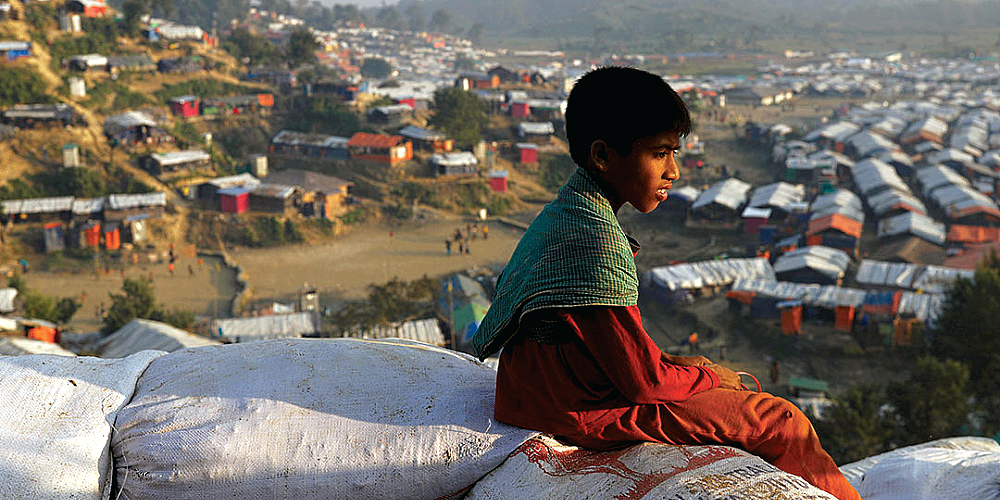
I truly want to believe that I am wrong. I want to believe that we celebrate the diversity of humankind. But is humanity struggling to practise universal values that it has been chanting and teaching to the downtrodden for nearly 80 years?
Do we not want to reaffirm the purposes and principles of the Charter of the United Nations, the Universal Declaration of Human Rights, and the core international human rights treaties?
Of course, we are all equal as humans, but some are more equal than others – to paraphrase a widely quoted line from George Orwell’s Animal Farm.
Such differences are based on power, gender, ethnicity, money, natural resources, and arms trade, as evidenced in multiple countries at multiple levels.
My other feelings are of hope and optimism. This is based on how opportunities have been created for communities to adapt to their conditions in the camps, develop new learning skills, reduce reliance on aid, and advance their livelihoods through skills development and capacity-building programmes in community centres across the camps.
We are also going through a period of heavy rainfall, which has caused severe damage to shelters, facilities, and infrastructure, adding to the predicament of the already fragile displaced communities.
Thus, greater effort and investment are the needs of the hour.
Remaining fixated on the return of the Rohingya is understandable, as they have the right to return to their home.
Having acknowledged this right, it is important to remember that even if repatriation is informed and voluntary, we cannot ignore the fact that such a return will be a huge undertaking and require the coordination of multiple actors on the parts of Myanmar, Bangladesh and of the global actors.
A possible repatriation calls for intensive bilateral and multilateral negotiations, as it could be a long-term process spanning years.
In the meantime, Rohingya refugees living in Bangladesh will require the flow of humanitarian aid without any disruption until repatriation is completed.
However, before all this, if there ever has been a momentous time for humanity to exist and act, it is now. This is true in respect to climate justice, gender justice and justice for the Rohingya.
We often tell the youth of today how brave, imaginative, innovative they are, and how they will lead the transformation we seek for justice.
I therefore want to draw the attention of the youth leadership across the globe, to nudge them to unite and collectively call for the rights of refugees across the world.
Rohingya youth are no different. They aspire, want to learn, and lead. They dream of a better world for themselves on their own land, as well as wherever they may settle eventually.
We must acknowledge that there’s no reaching the SDG goals until we have met the needs of the Rohingya youth.
We cannot deny their presence, nor their rights for sustainable development for a secure future.
Let collective efforts for durable and effective solutions be imminent and not be subject to geopolitics and geo-economics alone.
Instead, focus on the humanitarian and rights perspective.
Let us stand in solidarity and work for the rights and justice of the Rohingya.
(Farah Kabir is country director at ActionAid Bangladesh.)
ADVERTISEMENT
ADVERTISEMENT










